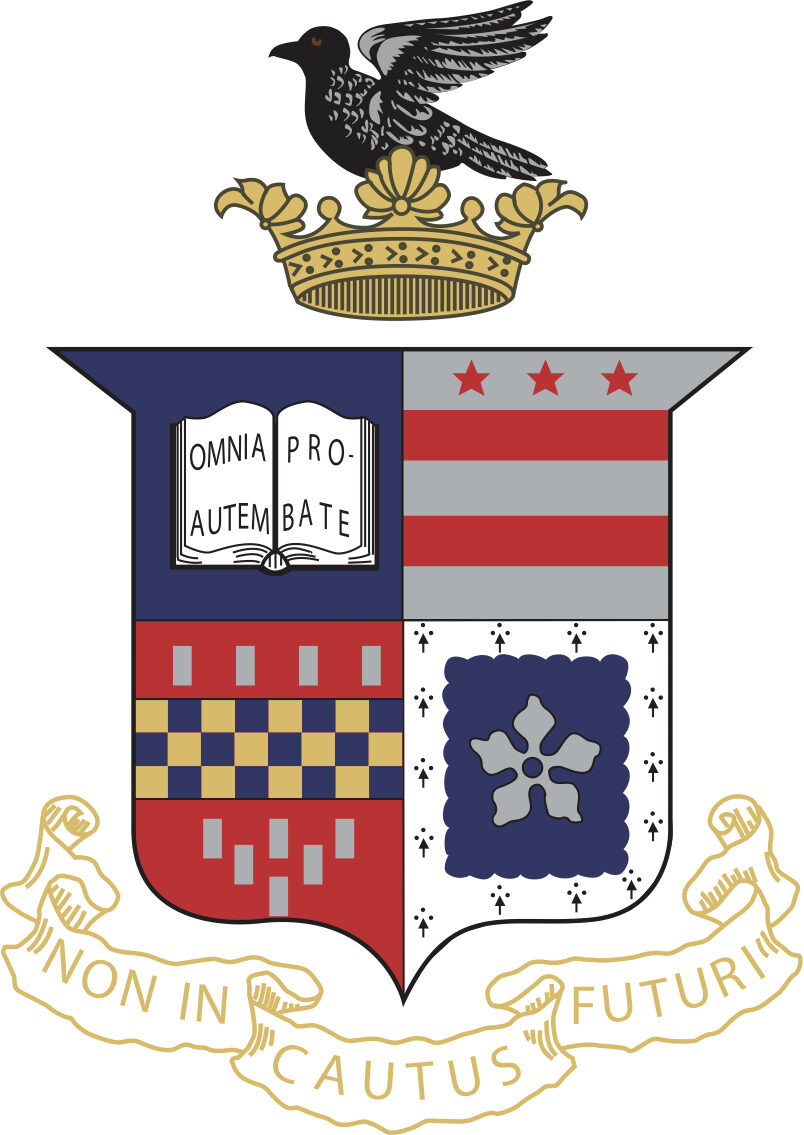Families in the United States suffer from a removal epidemic. The child welfare framework allows unnecessary and harmful intervention into family and parenting matters, traditionally left to the discretion of the parent. Many states allow Child Protective Services (“CPS”) to investigate, intervene, and permanently separate a child from their parents for innocuous activities such as letting the child play outside unattended. This especially affects low-income and minority families.
To prevent CPS from unnecessarily intervening in a family’s decision to let their children engage in independent, unsupervised activities, Utah passed a “free-range” parenting act (“Act”) in 2018. The Act explicitly excludes independent, age-appropriate activities from the definition of neglect. This Act has remained largely unexamined: whether the passage of the free-range parenting law has resulted in a decrease of non-supervision cases referred to and substantiated by CPS is unclear. It is also unclear whether free-range parenting laws are a viable solution to the issue of unnecessary and harmful state intervention, in general.
This Note explores whether the free-range parenting law passed in Utah in 2018 has led to any discernible reduction in non-supervision cases and removals. Since the statistical analysis has significant limitations, the Note then takes a more general approach in examining whether these laws address the causes of unnecessary state intervention. The Note finds that many free-range parenting laws fail to address larger issues in the child welfare system and tend to mainly benefit middle-class and high-income families. A solution will likely require a concerted effort by all three branches of the government. It is imperative that efforts to pass free-range parenting laws are not abandoned but rather utilized for bigger and more equitable change.
